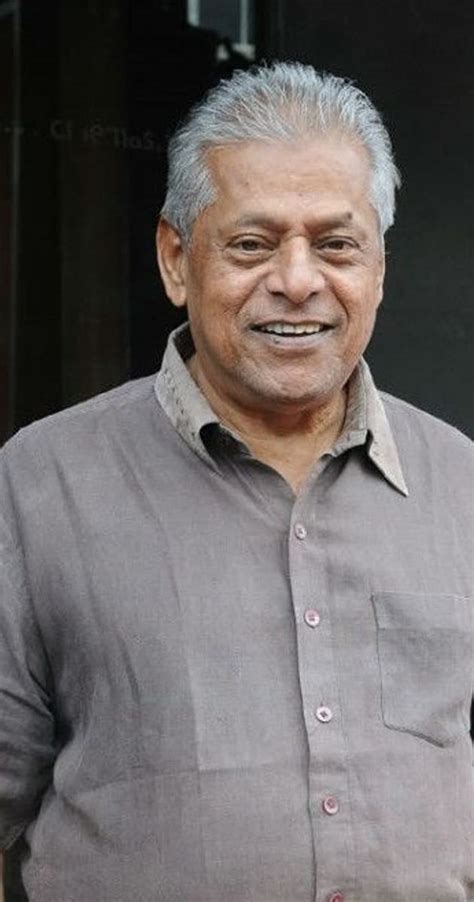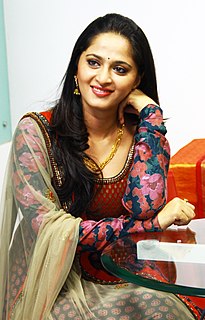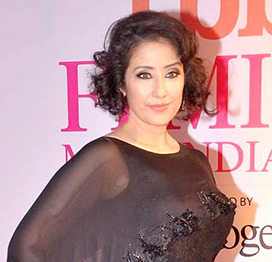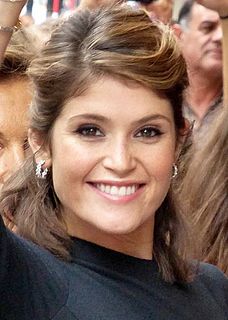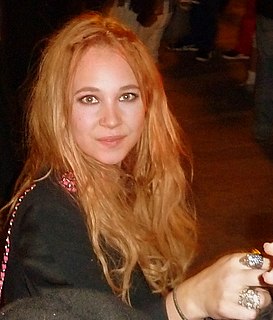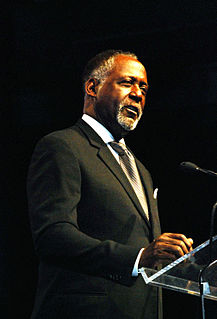A Quote by Delhi Ganesh
Once I sign up for a film, I just go by the director's instructions.
Related Quotes
Every film I've ever worked on, and that includes 'Braveheart' and 'Trainspotting,' I've always witnessed a director having a breakdown. Every director will have a day, without exception, where they just can't do it anymore, they don't know what to say to their cameraman, their cast. It's the sign of real, physical exhaustion.
Film’s thought of as a director’s medium because the director creates the end product that appears on the screen. It’s that stupid auteur theory again, that the director is the author of the film. But what does the director shoot-the telephone book? Writers became much more important when sound came in, but they’ve had to put up a valiant fight to get the credit they deserve.
One of the things I write about a bit in my Madam Secretary memoir is on Rwanda, where I was an instructed ambassador at the U.N., and my instructions were to not vote for increased forces there, and I didn't like my instructions. So I got up and called Washington and said, "Change my instructions," and they didn't.
I wish I'd known that apologizing is a sign of strength. I had the impression that if you apologize, it's a sign of weakness. I kind of picked up the message from my father, 'Real men don't apologize. You just do your best, and if you happen to hurt some people, that's their fault. You just go on. Don't apologize. That's a sign of weakness.'
Me and Kirby are very collaborative and it changes from film to film. The first project we worked on together, Derrida, we co-directed. The last film Outrage, I was the producer and he was the director. This film was much more of a collaboration - he is the director and I am the producer - but this is a film by both of us.
Before writing a single note of music, and even before the spotting session, I find it best to sit down with the director and just listen to him or her talk about the film - what they're trying to say, what they want the audience to understand or believe, and a thousand other similar questions. The director has most likely been living with the film for years before a composer is attached, and so the director's inclinations, desires, and understanding of the film are paramount.
